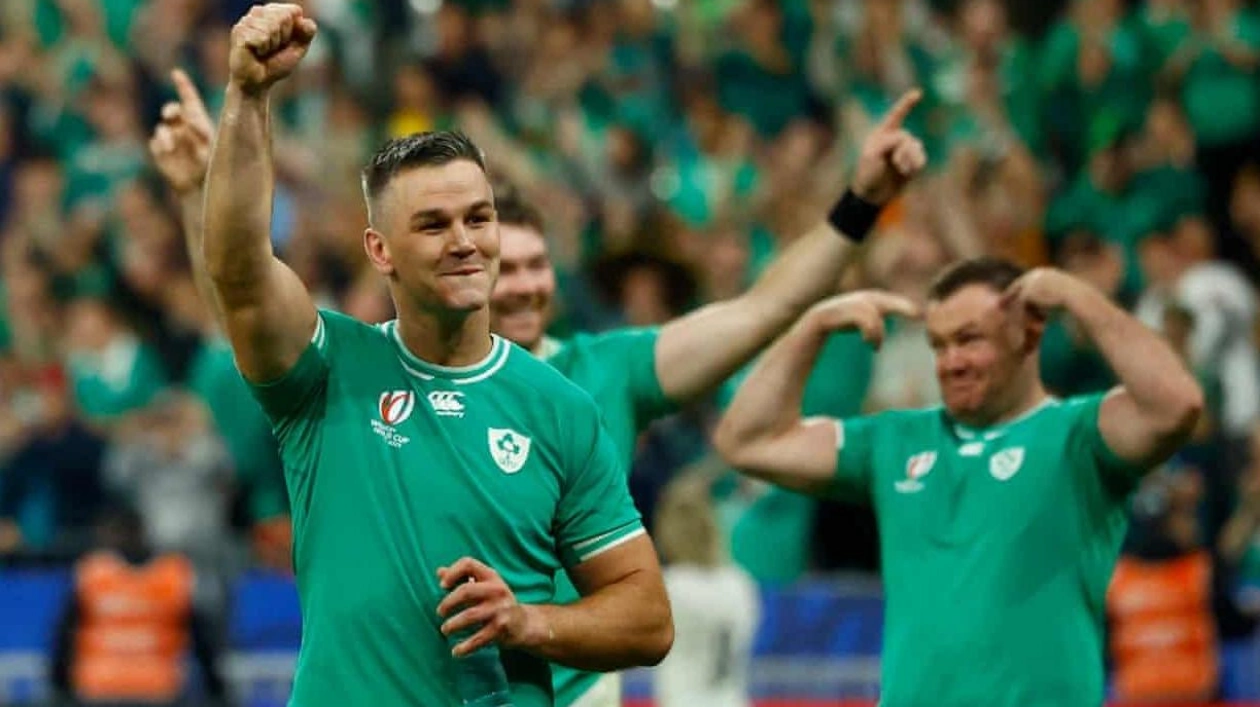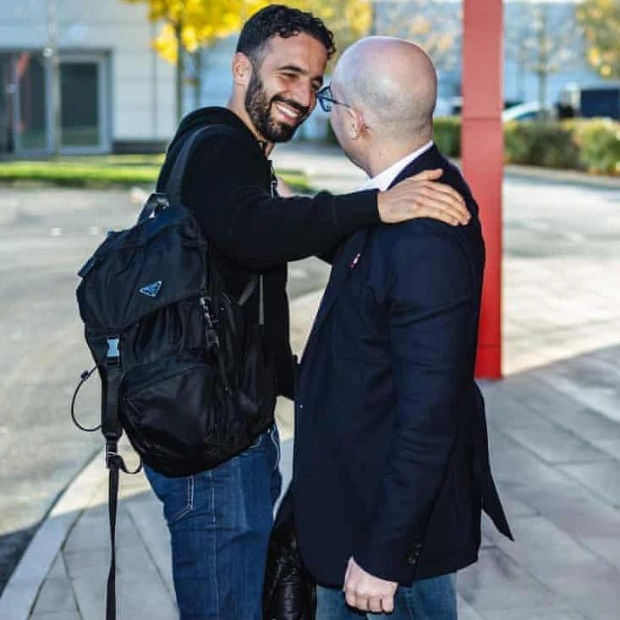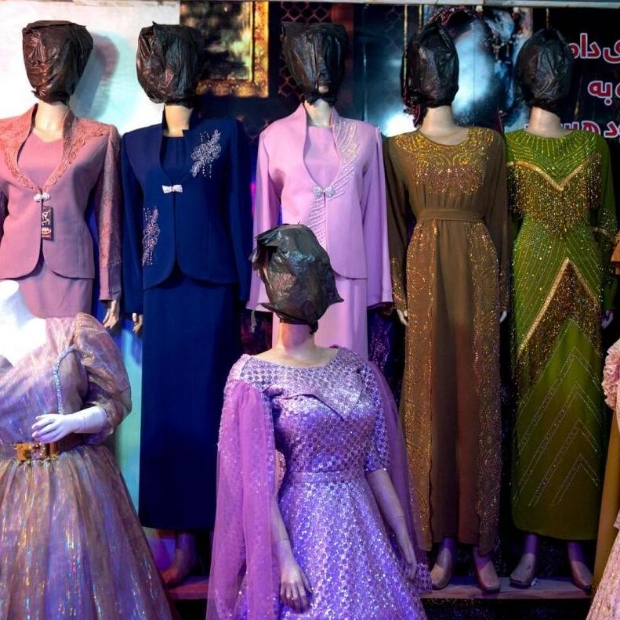One of the most striking features of Johnny Sexton's new autobiography is the seven-year period it took to complete. Seven years? This is a literary marathon not seen since James Joyce took his time with Ulysses. As Peter O'Reilly, Sexton's diligent ghostwriter, notes in the acknowledgments, there was minimal need for additional interviews due to "Johnny's remarkable memory for detail." With these two key elements—exceptional memory and meticulous writing—a compelling narrative was almost guaranteed. Sexton's ability to recall events, conversations, and emotions with precision makes the book a vivid account of his career.
Sexton's recollections often feel like dispatches from an endless battle, which mirrors his experience on the field. "For much of my career, I was at war—with opponents, rivals, sometimes coaches, and often with myself. It often felt like a fight," he writes. This perspective isn't surprising for those who have followed his career. Fly-halves like him don't accumulate 118 Ireland caps, represent the British & Irish Lions twice, secure two grand slams, and become world player of the year by being passive. Sexton's relentless drive and prickly nature make his reflections particularly intriguing. For years, his fierce competitive spirit overshadowed everything else.
The title, Obsessed, aptly captures this drive. On page 300, Sexton recounts a personality test conducted by Stuart Lancaster with the Leinster squad, aiming to identify deep-thinking blues, laid-back greens, extrovert yellows, or strong-willed reds. The results revealed just one pure red—guess who? Despite this, Sexton's journey to the top wasn't just about being a red-mister; his game was built on clarity and tactical precision. His book offers a must-read for those who assume top athletes are emotionless robots. At 39, Sexton hints that his wife, Laura, believes he lacks empathy, but he has spent years trying to understand himself.
The result is a revealing look into the mind of a serial winner. Sexton seldom suffered fools and rarely reminisced about socializing with opponents. His honest account includes a confrontation with All Blacks center Rieko Ioane after Ireland's World Cup quarter-final loss to New Zealand. Sexton admits he wasn't always a choirboy. His argumentative nature, idolizing Roy Keane, and bonding with Owen Farrell on the 2013 Lions tour highlight his combative side. Yet, there's another side to him. At a Rugby Union Writers' Club awards dinner, his courtesy and respect towards veterans and media were evident. The next day, he quietly settled his hotel bill, showing a different side to his personality.
The book also contains surprising insights. Sexton attended mass before big games, practiced mindfulness, suffered frequent migraines, and became friends with his supposed arch-enemy, Ronan O'Gara, when both were in Paris with Racing 92. His admiration for winning coaches like Joe Schmidt and Andy Farrell is clear. Gordon D'Arcy, his former teammate, noted that Sexton's drive was for success, not perfection. Sexton's "rugby IQ" and game-shaping abilities are widely admired, but the narrative lacks a chapter on Ireland's 2023 World Cup win. Sexton believes they were the best team but can't bring himself to re-watch the quarter-final loss.






